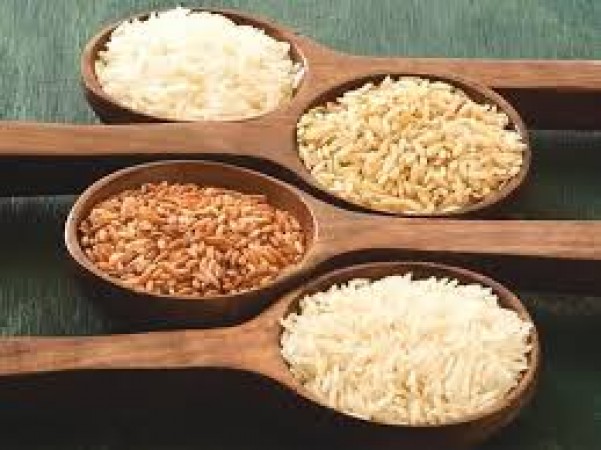In the realm of staple foods, rice reigns supreme. However, the debate between white rice and brown rice often sparks curiosity among health enthusiasts. Let's delve into the nutritional showdown between these two popular grains and determine which deserves the crown for health supremacy.
The Battle Begins: White Rice
What is White Rice?
White rice undergoes milling, a process that removes the bran and germ layers, leaving behind the starchy endosperm. This refining process gives white rice its signature polished appearance and extended shelf life.
Nutritional Profile of White Rice
- Carbohydrates: White rice predominantly comprises carbohydrates, serving as a quick source of energy.
- Protein: Contains modest amounts of protein but lacks the complete amino acid profile found in brown rice.
- Fiber: Minimal fiber content due to the removal of the bran layer during processing.
- Micronutrients: Some varieties are enriched with iron and B vitamins to compensate for lost nutrients during milling.
Health Considerations
- High Glycemic Index (GI): White rice has a higher GI compared to brown rice, leading to rapid spikes in blood sugar levels.
- Digestive Impact: Its low fiber content may contribute to digestive issues and hinder satiety.
- Nutrient Deficiency: Lack of essential nutrients, such as fiber, vitamins, and minerals, may pose health risks over time.
In the Other Corner: Brown Rice
What is Brown Rice?
Brown rice retains its bran and germ layers, imparting a nutty flavor and chewy texture. Unlike white rice, it undergoes minimal processing, preserving its natural nutrients.
Nutritional Profile of Brown Rice
- Complex Carbohydrates: Brown rice contains complex carbohydrates, facilitating steady energy release and promoting satiety.
- Protein: Richer in protein compared to white rice, offering a broader spectrum of amino acids.
- Fiber: Abundant fiber content aids digestion, regulates blood sugar levels, and supports heart health.
- Micronutrients: Packed with essential vitamins and minerals, including magnesium, phosphorus, and B vitamins.
Health Benefits
- Stable Blood Sugar: Its lower GI helps maintain stable blood sugar levels, reducing the risk of insulin spikes and diabetes.
- Heart Health: High fiber content supports cardiovascular health by lowering cholesterol levels and reducing the risk of heart disease.
- Weight Management: Enhanced satiety and slower digestion contribute to better weight management and appetite control.
The Verdict: Brown Rice Takes the Crown
In the battle of white rice vs. brown rice, the latter emerges as the clear victor in terms of nutritional value and health benefits. While white rice offers convenience and a milder taste, its nutrient-depleted profile pales in comparison to the robust nutritional content of brown rice. Therefore, for individuals seeking to prioritize health and well-being, brown rice proves to be the superior choice. Incorporating brown rice into your diet can elevate your nutritional intake, support digestive health, and contribute to long-term wellness. So, the next time you're faced with the age-old question of white rice or brown rice, opt for the wholesome goodness of brown rice and savor its nutritious benefits.
Madhuri Dixit gave major fashion goals in black and white saree, getting a lot of praise
Taapsee Pannu Ties the Knot: A Peek Into Her Punjabi Wedding Bliss
Priyanka Chopra Jonas Joins Barry Avrich's Documentary 'Born Hungry' as Producer
